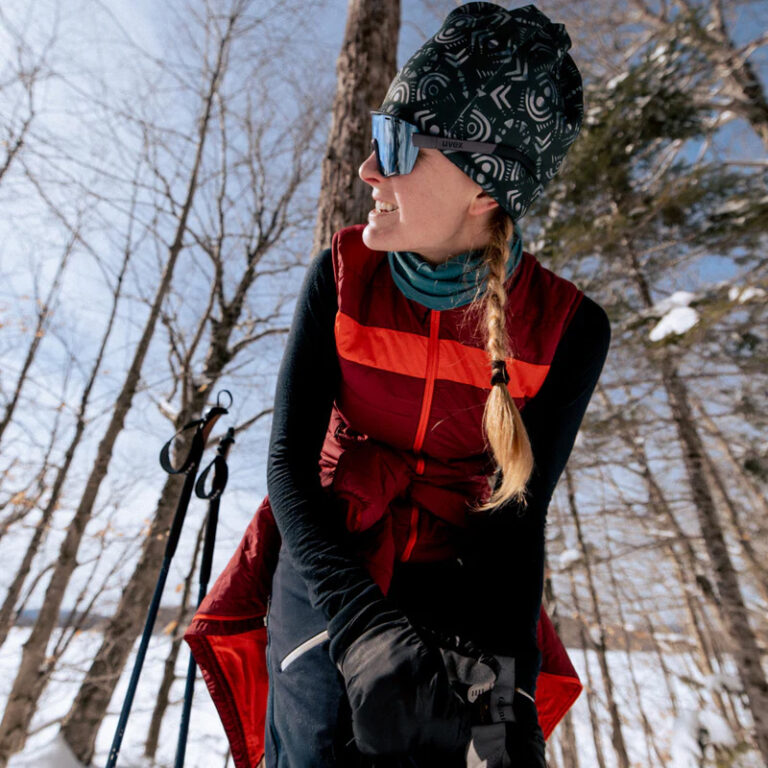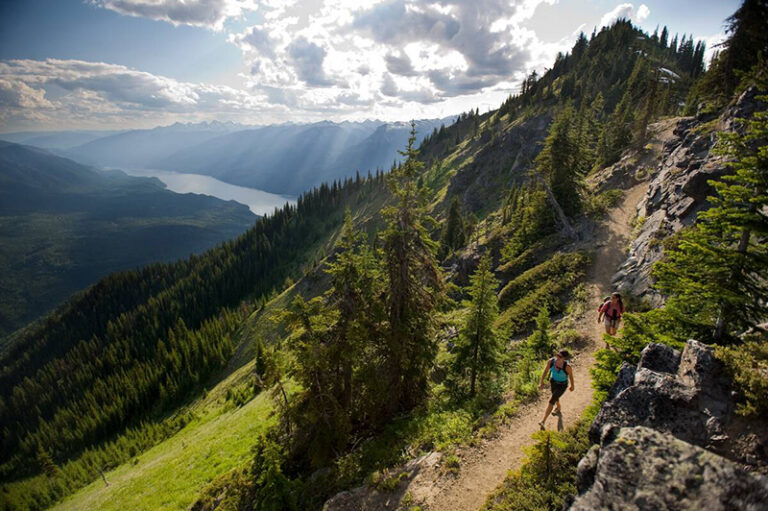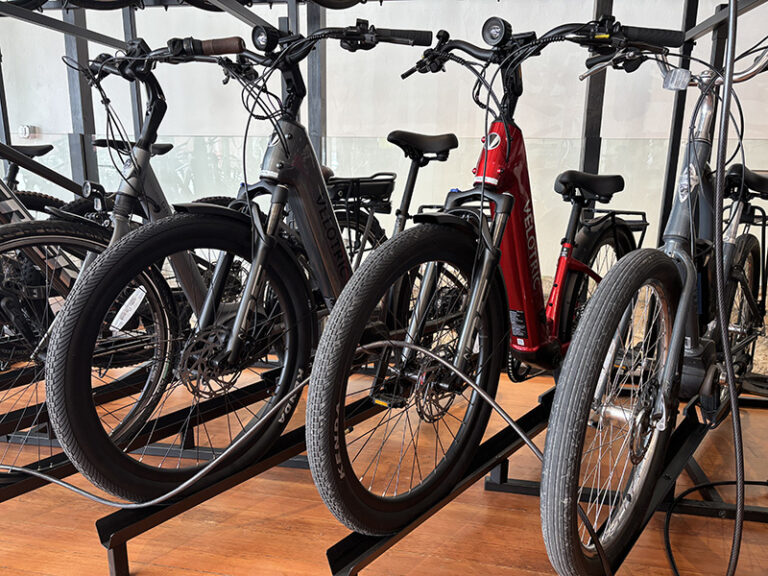I took a deep breath before plunging under the overpass on my way back to work after a session at Wild Walls climbing gym. The smell of human excrement and unwashed bodies clogged the back of my throat, as did the bursts of exhaust from the heavy traffic that whizzed by. It seemed rude to pull the collar of my shirt over my nose, so I breathed slowly and shallowly. Two still bodies wrapped in dirty blankets were pressed against the graffitied wall, and they elicited the usual gut-level feelings of sadness and shame, followed by an immediate tamping down of said emotions.
I was late for a meeting. I did not have time to think about the health and safety of those two individuals, nor the system that cast them aside as disposable. I filed the conundrum aside in the ‘to-think-about-later’ corner of my brain, while also knowing that I would likely not think about them again until the next time I was confronted with a similar scene. The truth is, after working, commuting, and training for peak physical performance, it’s hard to find energy to keep caring.
I hate the way this sounds, that somehow I don’t have time to think about homelessness since I have a full-time job and want a fit body. But today I’m finally pausing to reflect on the tension I regularly experience between athletics and activism. As a climber, I want to get better and exceed my expectations. As an engaged member of the community, I have committed to do more than pay attention to disparities around me—I’d also like to do something about them. Yet I still don’t know how to balance my civic participation with my pursuit of long approaches over diverse terrain on my way to remote climbs. How can I fit training in my schedule when there are multiple community events I feel the urge to support each week? Plus, how do I go to the mountains with all the marches, fundraisers, and additional events on weekends?
The people sleeping under the bridge aren’t asking themselves these questions because they are the questions of a privileged person. My answer, if I examine my life so far, is patchwork activism and a scattered climbing resume. I go to community events when I can, and I don’t climb as often as I’d like. This spring I solved certain problems by getting back to the basics after a winter of sickness and injury. I can manage long runs on weekends and light weights and cross training after work. But soon I’ll be making tough choices again and feeling like I can’t get it right. I’ll engage less than I want while meeting fewer of my personal goals.
I suppose the most obvious way to think about this internal conflict is to accept I am a finite being with limited resources, including time. But this also feels like the easy way out. It releases me from the hard questions of how I spend my hours, and what the allocation of my time says about my values. If a budget is a moral document, as we are fond of reminding politicians, could not the reserves of my time be measured in much the same way?
The balance I’m leaning toward is not very sexy, but I think it will work for me. If I’m honest with myself, it’s not how hard I’m crushing my goals that gives me pleasure in the mountains. Yes, I am a different person when I spend time in wild places. I am calmer, my attention is more refined, and my generosity more abundant. But I am not a better person when I cross the plateau from 5.10 to 5.11 climbing. Besides, no matter how hard I trained, my mark on the world would never be the rating of my routes. Admitting this makes me willing to sacrifice performance for something more important and less measurable. My legacy, as it were, will hopefully be the ways I stepped out of my privilege to engage in causes that are not directly related to me and my quality of life.
Hopefully, I’ll be well enough to go to the climbing gym for many more decades to come. With any luck, when I pass those people under the bridge, I’ll be able to banish the shame, knowing that there’s more work to do, but I am doing what I can to be a part of it. //
Summer Hess is a writing instructor at EWU. She wrote about Jon Snyder in the April issue.













